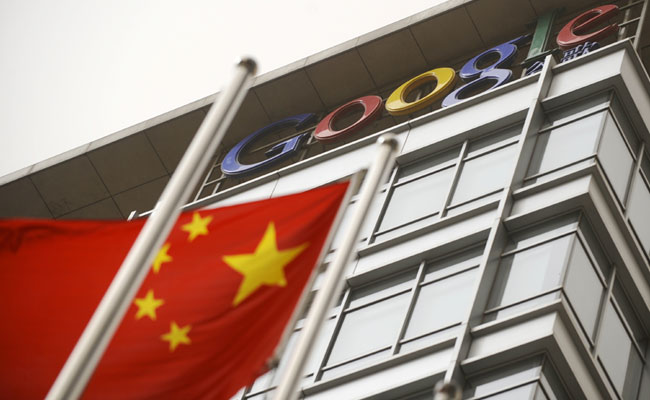Despite strong opposition from the population, online political activists, and privacy and liberty campaigners, the Vietnamese government approved a law that insists on Google and Facebook to store Vietnamese users’ data in the country. The two Internet giants have so far restrained from giving a reaction.
Opponents say the new law weakens economic growth, undermines opportunities for local businesses, and stifles political dissident further. State control of online data is critical given the nature of such data: social media and cloud service providers are a rich source of information on individual and social interaction, personal reference, behavioral patterns, and political affiliations.
Social media and cyberspace, therefore, have become the new target for state control and oppression. Undoubtedly, the power of social media tools has been demonstrated with their role clearly acknowledged in Arab uprisings. Evidently, the uptake of online platforms also rose – dramatically in some cases – through the events in the Arab world and beyond. Needless to say, once the power is unleashed there is no going back.
Storing Data Locally
In the case of Vietnam, the legislative move aims at holding at least three years’ worth of data in local offices in the country, with an explicit curb proposed on any anti-government activities or propaganda. This risks compromising on users’ privacy with the potential for coercion to uncover real identities.
More covert tactics to compromise and attack data are also a possibility in cases where the companies have stored data locally. An example is the Chinese attack on Google in 2010, when Google found a number of attacks originating from within China on Gmail accounts of human rights activists, according to Google with the aim of gathering information about the activists. This ultimately led Google to leave China.

The history of in-country data storage and operations actually goes back to developments in Europe following Edward Snowden’s revelations. In a strong reaction to the allegations of the U.S. spying on European users’ data, countries such as Germany started hosting data in-country for its citizens using cloud services. Microsoft placed data centers in Germany under the control of Deutsche Telekom – the local telecommunication service provider – to ensure that German citizens’ data never leaves the country’s jurisdiction. Remarkably so, this was aimed at protecting the citizens from surveillance and control. France is another country that is considering “digital sovereignty” by looking at more in-country cloud and technology services.
Going back to the reality of business, the driving factor for Google and Facebook is inevitably profit. With a population nearing 100 million, of which nearly 40 percent is under 25, Vietnam offers an incredible opportunity for the technology giants to sustain and grow their market. Moreover, with an increasingly vibrant economy and a steadily growing GDP in recent years, the potential for growing the local ecosystem for online trade and e-commerce is alluring.
State Control and Surveillance
The technology sector has encountered a troubled road when it comes to human rights being upheld in the face of state control and surveillance. While Google left China in 2010, the company is preparing for a relaunch in the country. This comes amidst debate and despair over Google’s plans to introduce a censored version of the search engine in China.

The privacy attitudes of citizens have also proven to be fickle. In the case of Microsoft’s attempt to store users’ data in Germany, this has been met with failure in uptake despite the growth of the cloud market in the country.
In emerging markets, where the politics is rigid and regulation weak, the business case for Internet giants to give in to the state’s demands remains strong.
One can argue this is good for politics too, as the Internet very often serves to be a catalyst for democracy. While both the economic and demographic factors in Vietnam are a pull for the Internet giants, they also happen to be enablers for a push towards democracy.
So, what does the future hold? One thing is for sure: the developments in Vietnam have mobilized a rigorous debate in the wider Asian region (beyond China). Events like this, while unfortunate, generate debate and attract a mix of local and international campaigners. This can have a residual and continuing effect on governments to relax their grip.
Vietnam, geographically and socioeconomically, is at an important juncture in Asia, where its ability to attract foreign investors and grow a thriving digital economy would be key to its ambition on “international economic integration in a proactive, pragmatic and politic manner.”
Disclaimer: The views and opinions expressed here are those of the author and do not necessarily reflect the editorial position of The Globe Post.


















